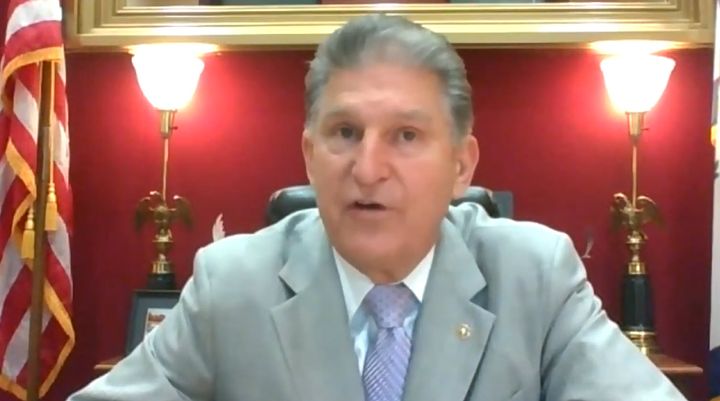Joe Manchin, one of the errant Democrats blocking President Biden’s agenda in the Senate, is well known for having close ties to the Big Business political influence machine. He’s a former state chairman and national director of the corporate political influence group American Legislative Exchange Council (ALEC), and a top recipient of PAC money from energy, finance, and pharmaceutical companies. But he has another tie to the corporate political influence industry that has not been examined.
Since 2014, Manchin has served as the honorary chair of Discover the Real West Virginia Foundation (DRWV), an economic development charity. Also on the board are multiple corporate lobbyists and government affairs executives of companies with lobbying interests in issues that Manchin oversees as the chairman of the Senate Energy and Natural Resources Committee.
One of Manchin’s co-board members is Brad Hall, president of external affairs for Appalachian Power, who oversees the company’s government affairs activities. Appalachian Power is a subsidiary of American Electric Power and operates one of the largest coal-fired facilities in the country, the John Amos power plant in Winfield, West Virginia. The Amos plant was ranked the 14th most heavily polluting power plant in the United States in a 2013 report from Environment America.
American Electric Power reported lobbying Congress in the third quarter of last year on “Clean Electricity Payment Plan and Clean Electricity Performance Program generally,” a major climate initiative that was passed by the House of Representatives in the Build Back Better Act but unofficially died in October when Manchin said he would not vote for it. The program would have empowered the government to collect payments from heavy-polluting power plants that do not achieve emissions reduction targets in order to limit climate change.

